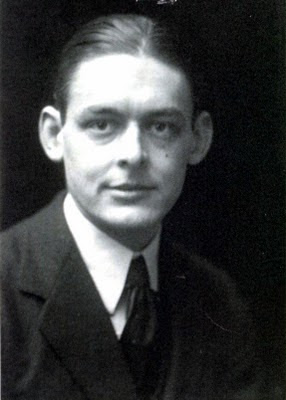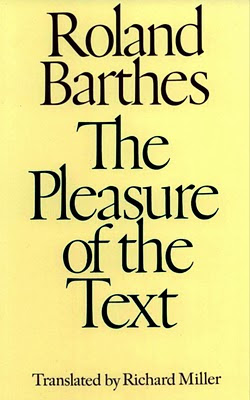 Watching the Egyptians take to the streets of Alexandria and Cairo this week, I am contemplating what people will do to change their lives. And, I wonder if Americans have the strength to change theirs. Do we have what it takes against bullets, tanks, and tear gas? Or maybe it is just as simple as making a commitment to live differently.
Watching the Egyptians take to the streets of Alexandria and Cairo this week, I am contemplating what people will do to change their lives. And, I wonder if Americans have the strength to change theirs. Do we have what it takes against bullets, tanks, and tear gas? Or maybe it is just as simple as making a commitment to live differently.Egypt has had years of Hosni Mubarak’s leadership, or lack thereof. Unemployment is very high, and most of the middle class and poor must make do on a few dollars per day. The country is bereft of new ideas, new thinking, of open doors of opportunity. The rest of the world awakens to the burning façade of Egypt’s stability and a populace clamoring for fresh ideas, a new start, and a reformed government.
Doesn’t sound familiar?
The American government is involved in an extended game of tit for tat, Republicans and Democrats. We have our own extremists fringe group, only they’re called the Tea Party. They are obsessed with returning America to the mythological good old days of yore when the Founding Fathers roamed the land enslaving Africans while protecting their own rights to life, liberty, and the pursuit of happiness. Everyone forgets that we are still an imperfect union. That is, paradoxically, what makes America great: we never quit trying to get it right. We never stop working to be the country of our destiny, but lately, the process has slowed considerably, and that has me worried.
I am wondering now if we, you and me and every American, have the strength and willpower to rise up on a personal level and change the way we live to create positive collective change in the life of our nation. Can we awaken the sleeping giant within us and shake off the sloth and stupor of excess and privilege?
This means giving up our luxuries, our self-righteous behavior, our materialism, our strident trumpeting that we are the greatest nation on earth. It means living with less, and inhabiting smaller, quieter lives where we put others’ well-being ahead of our own. Do we have the foresight not to hate others because they are different, or have only recently come to this country to work for a better life? What if they are gay or lesbian? What if their God goes by another name, and their beliefs conflict with ours? Can we do it? Can we overcome our differences? Of this, I wonder.
Being a better country means being better leaders, the end of partisan politics, and making decisions based on what is morally and ethically right. This is the government for the people, and a considerable number of them have been lost in the fray between left and right.
But let’s go one better. Let’s educate like our lives depended upon it. Let’s introduce the right to a free, top-notch education for every American, pre-school through college. Let’s try to exceed our reach, overcome our natural prejudices, and put art and culture on every street and in every school. And let’s make those schools shining beacons on the hill, give teachers respect and a decent salary, and teach our children well. Let’s foster sculpture, painting, dance, music, theatre and imagination. Let’s fire up the American mind, and consider again the mysteries of the universe, the symmetry of mathematics, the poetry of physics. Let’s fly and soar and excel. Let’s be explorers of existence on the ship of our own intellects.
But most important, let’s give our children back their dreams.
I know, a lot of lofty talk. Education is expensive, and we love our big houses and our big cars and our rich lives. But hey, bub, why the emptiness? Why the loneliness? Why the hatred and why the anger? Our lives are okay, change is difficult, and although we are dissatisfied, things are fine as they are, right?
And still, what if?
There are those grainy images of young men in the middle of the night on a street in Cairo, facing down an armored personnel carrier bristling with weaponry. There, but for the grace of God, go I. And I believe our grace is running short in this American life. Too many unemployed, too many denied an education, too little hope, and too much unfocused, nonsensical anger.
There, but for the grace of God, go I.
Tonight, I sit in my study, in my warm home, in my middle class neighborhood. There are at least a few cold, dark homes locked in foreclosure on my block, and shadowy figures rummage for cans and bottles in the trash cans outside in the street. We are all waiting for hope to return.
Meanwhile, across the world and ten hours into the future from my time zone, Egyptians huddle in the dark, scared, anxious, yet determined, waiting for a new day to dawn.







